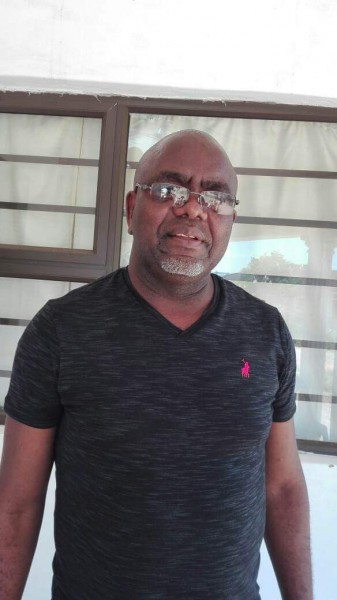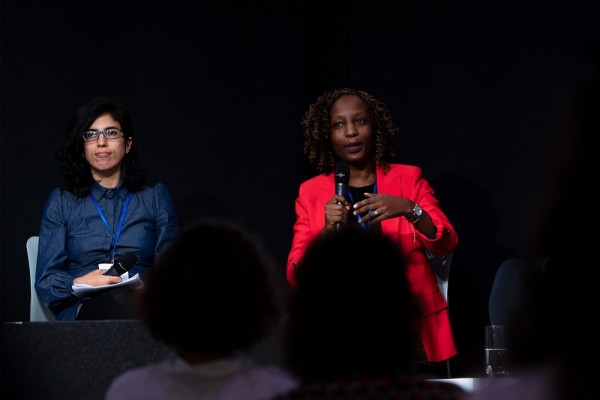Based on information provided to IPI, on 1 June, Professor Kenneth Good, a political science lecturer at the University of Botswana for the past 15 years, was deported from the country by legal order and a decree from President Festus Mogae.
Good’s deportation came only hours after the Lobatse High Court upheld the government’s right to deport him. In their judgement, the three High Court Judges dismissed the arguments of Good’s lawyer given on 3 May and said the deportation order and presidential decree should be allowed to stand.
Upon hearing the High Court’s decision, the judges refused a two-day stay of execution in order to appeal. In reaching this decision, the court said that Good could appeal when outside of the country. In his remarks to the court, Good’s lawyer said his immediate deportation would lead to his daughter being withdrawn from her senior secondary school, an act that would severely curtail her studies.
Once the order of the court was given, Good was detained, taken to an unknown location and then driven to Sir Seretse Khama Airport. With security personnel travelling with him, Good was placed on a 7 p.m. flight to Johannesburg where he was to take an onward flight to his native Australia.
The deportation is the direct result of a speech that Good had been prepared to deliver at a public meeting at the University of Botswana on 23 February. It apparently contained highly critical comments of the conduct of Mogae and Vice-President Ian Khama. On 18 February, Good received an order stating he should leave the country.
“Good’s deportation is disturbingly similar to the enforced May 2003 deportation of Guardian journalist Andrew Meldrum from Zimbabwe, one of the most repressive countries in Africa,” said IPI Director Johann P. Fritz.
“I am stunned by the court’s decision to force Good to leave the country part-way through the legal process and on the flimsy legal basis that his defence can be as effective in Australia as it could be in Botswana. As a result, Good has been denied the right to appear before the court in person and hear legal argument.”
“In addition, the exhaustion of the due process before deportation is a right that is afforded to both refugees and asylum seekers in most countries and it seems to me in denying Good this right, the court is merely carrying out the wishes of the President to remove him from the country as quickly as possible.”
“Botswana is considered to be one of the freest countries in Africa for freedom of expression; however, by deporting Good the government is not only curtailing the right of individuals to speak freely in accordance with Article 19 of the United Nations Universal Declaration of Human Rights, but undermining this hard won reputation. I would call on the government to allow Good to return to the country immediately,” said Fritz.


